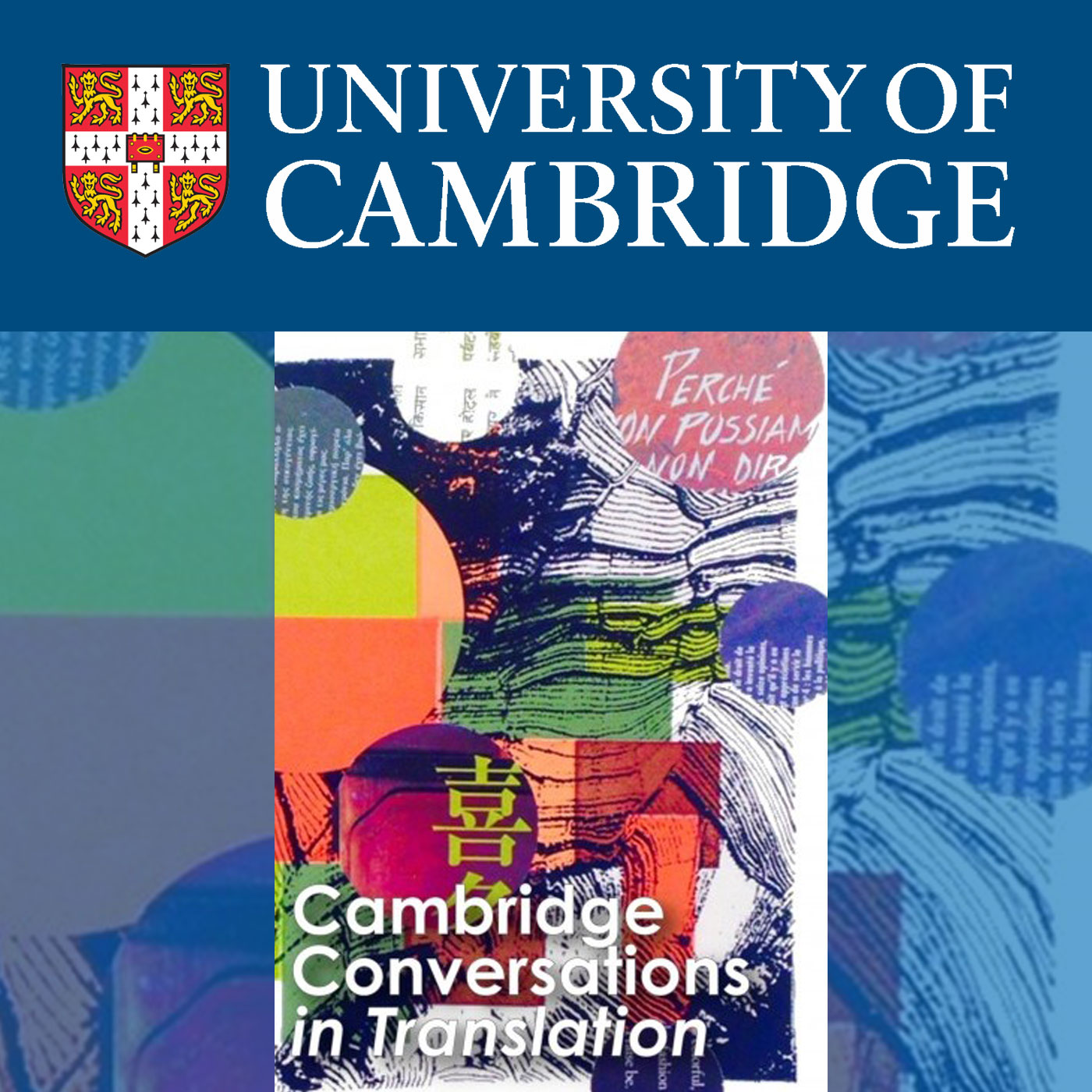Cambridge Conversations in Translation - 24 October 2016 - Translation and Humour (Workshop)
Duration: 1 hour 52 mins
Share this media item:
Embed this media item:
Embed this media item:
About this item

| Description: |
Dr Carol O’Sullivan (Senior Lecturer in Translation Studies, University of Bristol)
Moderator: Monica Boria (Language Centre, Cambridge) Humour is a universal human trait found across all cultures and throughout history, and one deeply embedded in them. Translating the combination of verbal humour with referential humour, for example, has often been likened to translating poetry: impossible. The imperative of the perlocutionary effect (amusement) complicates matters further, not to mention the fact that, to an extent, a sense of humour is innate and cannot really be learnt. However, the increasing global demand for the translation, or adaptation, of humour in a variety of texts and contexts (literary, film and television, live interpretation, etc.), has produced a growing body of research by scholars and translators from many countries and academic disciplines (Delabastita, 1996, 1997; Chiaro, 1992, 2005, 2010; Attardo, 2002; Vandaele, 2002; Zabalbeascoa, 1996, 2005, 2016). How does humour in film or television travel? How is subtitled/dubbed humour received? These are some of the questions we will be addressing. |
|---|
| Created: | 2016-11-02 11:02 |
|---|---|
| Collection: | Cambridge Conversations in Translation |
| Publisher: | University of Cambridge |
| Copyright: | Glenn Jobson |
| Language: | eng (English) |
| Keywords: | Carol O’Sullivan; Monica Boria; |
| Abstract: | Dr Carol O’Sullivan (Senior Lecturer in Translation Studies, University of Bristol)
Moderator: Monica Boria (Language Centre, Cambridge) Humour is a universal human trait found across all cultures and throughout history, and one deeply embedded in them. Translating the combination of verbal humour with referential humour, for example, has often been likened to translating poetry: impossible. The imperative of the perlocutionary effect (amusement) complicates matters further, not to mention the fact that, to an extent, a sense of humour is innate and cannot really be learnt. However, the increasing global demand for the translation, or adaptation, of humour in a variety of texts and contexts (literary, film and television, live interpretation, etc.), has produced a growing body of research by scholars and translators from many countries and academic disciplines (Delabastita, 1996, 1997; Chiaro, 1992, 2005, 2010; Attardo, 2002; Vandaele, 2002; Zabalbeascoa, 1996, 2005, 2016). How does humour in film or television travel? How is subtitled/dubbed humour received? These are some of the questions we will be addressing. |
|---|---|

